Amazon has announced the launch of the Amazon Bazaar app in Nigeria, bringing a new shopping experience with hundreds of thousands of affordable products across fashion, home and lifestyle categories to customers.
Amazon, in a statement said it has always worked to provide customers with a wide selection, low prices and convenient shopping experience.
“Based on the positive response we’ve seen from customers shopping Amazon Haul in the U.S., UK, Germany, France, Italy, Spain, Japan, and Australia, and Amazon Bazaar in Mexico, Saudi Arabia, and the United Arab Emirates, we are excited to introduce this popular shopping experience to even more customers worldwide.
“Today, we’re excited to announce a new standalone shopping app, called Amazon Bazaar, which is now available in Nigeria. The app is also now available in 14 new destinations: Hong Kong, Philippines, Taiwan, Kuwait, Bahrain, Oman, Qatar, Peru, Ecuador, Argentina, Costa Rica, Dominican Republic, and Jamaica,” it said.
“The Amazon Bazaar app, part of the global Amazon Haul shopping experience, brings hundreds of thousands of affordable products directly to customers. Both Amazon Haul and Amazon Bazaar deliver the same ultra low-price shopping experience, with different names chosen to better resonate with local language preferences and cultures. Shoppers can browse fashion, home goods, and lifestyle products with most items under N15,000. Customers can use their existing Amazon credentials while enjoying Amazon’s trusted standards for value, selection and convenience. Orders that reach N30,000 qualify for free delivery, with a standard delivery charge for smaller orders.
“The app combines value-focused shopping with interactive entertainment features that customers love,” it added.
The statement explained that customers can discover affordable products while enjoying engaging features like social lucky draws and promotions.
“Most items cost under N15,000, with some as low as N3,000. New customers receive 50 per cent off their first order, and all customers enjoy extra savings as they build their carts. Free delivery applies when orders reach N30,000, with a standard delivery charge for smaller orders. Deliveries typically arrive in two weeks or less. Our 24/7 multilingual customer support team assists shoppers whenever needed.
“Customers will find the Amazon features they know and love, including customer reviews and star ratings, to help them select the right products. All products on Amazon Bazaar undergo Amazon’s rigorous compliance checks, so customers can shop with confidence knowing they will receive items that are safe and meet all applicable regulations and Amazon policies. Returns are free when requested within 15 days of receipt.
“Amazon Bazaar supports six languages including English, Spanish, French, Portuguese, German, and Traditional Chinese. With local currency options, customers can shop confidently in their local currency (NGN).
“Customers can use their existing Amazon credentials or create new accounts, with payment options including internationally accepted Visa, Mastercard, and American Express cards,” it said.







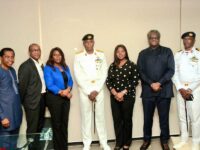

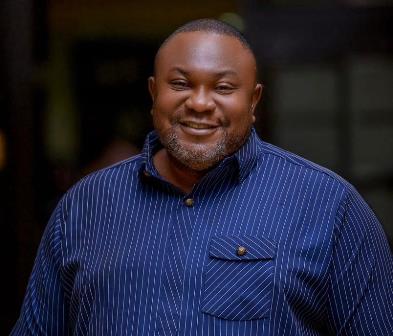
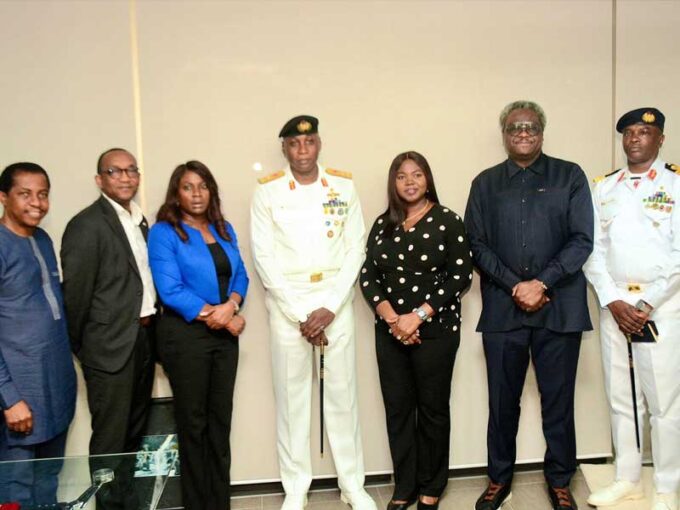
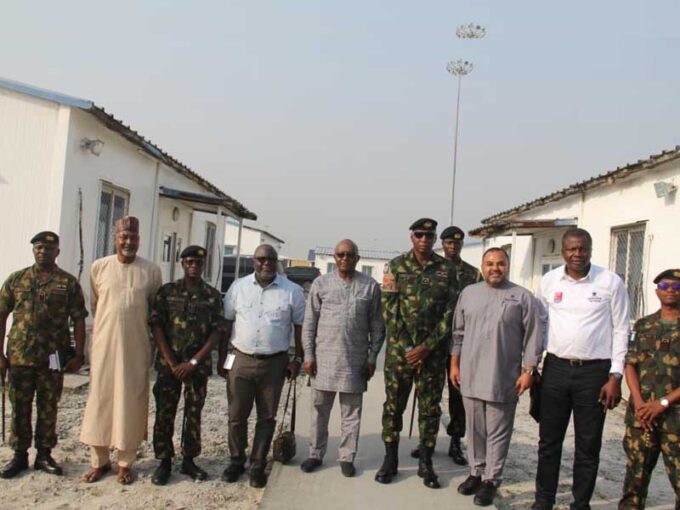
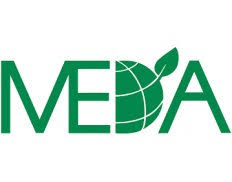





Leave a comment